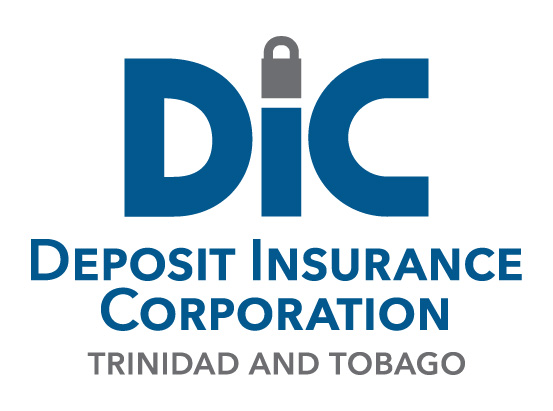A GUIDE FOR INFORMATION PUROSES ONLY.
CLICO INVESTMENT BANK LIMITED (CIB)
(In Compulsory Liquidation)
By an order of the High Court dated October 17, 2011, Clico Investment Bank Limited (the company) was ordered to be wound up and the Deposit Insurance Corporation (DIC) was appointed liquidator.
The public is informed that the business of the Liquidator will be conducted from the premises of the company at #1 Rust Street, St. Clair, and staff there will be available to deal with any enquiries that may arise.
The contact numbers for the DIC are: 625-5020/1; 627-0742; 627-5853; 627-8401.
Our e-mail address is info@dictt.org and our website is www.dictt.org.
Please continue checking the website for updates.
What is a Winding-up/Liquidation:
Winding-up, otherwise referred to as Liquidation, is a legal process where the assets of a company are realized and the proceeds, after payment of costs of the liquidation, are distributed to the creditors according to their rights. Any balance remaining after settling the creditors is distributed to the shareholders.
The overall objective is to establish and categorize the claims of creditors into different classes according to their rights resulting in a situation where a certain class of creditor will have priority over other creditors.
Creditors of each class are totaled and marshaled in a certain order, put on an equal footing within each class and share equally in any distribution to that class.
Each class of creditor must be paid in full before subsequent classes receive anything.
The Role of the Liquidator:
The Liquidator must therefore deal with all persons who might have claims against the company and admit only those claims that are legally enforceable.
The Liquidator also has a responsibility to take all reasonable steps to ensure that it has identified and obtained control of all available assets. These “assets” include rights against directors or others who may have abused their relationship with the company.
The Liquidator has a duty to collect all outstanding sums owing to the company as soon as practicable after the commencement of the winding-up.
Debts of All Descriptions:
Section 434 of the Companies Act 1995 (Chap. 81:01) requires that every Debt [creditor] in a winding up by the Court has to prove his debt by submitting an Affidavit verifying the debt and sworn to before a Commissioner of Affidavits.
This Affidavit is described as a Proof of Debt and its substance is set out in Form 55, a sample of which is available on this website.
Section 434 is effectively translated as a statement that describes ‘debts’ as those individuals who believe they have reason to lodge a claim in the winding-up.
Debts include those already recorded by the company as creditors but will not necessarily be limited to such persons.
Debts also include claimants for amounts disputed by the company, and future or contingent creditors. Where claims do not bear a certain value, just estimates should be made.
Proof Required:
Each creditor must individually submit his own Proof of Debt (POD). As an exception to this rule one or more collective PODs may be sworn to by a representative to cover the claims for unpaid salary of one or more group(s) of workers.
Amounts due to employees for out-of-pocket expenses are not within this exception and each employee must file a separate POD for such amounts.
A POD may be submitted by whom? The creditor personally or by some other person authorized by or on his behalf, but if made by a person so authorized he must state his authority and means of knowledge.
The POD must contain or refer to a statement of account showing particulars of the debt and specifying supporting documents (if any), by which the same can be substantiated.
The POD must also state whether the creditor is a secured, preferred or other creditor and each creditor must bear the cost of proving his own debt.
Section 82 of the Companies Winding-Up Rules states that where debts bear interest such interest is capable of proof only to the time of the commencement of the winding-up.
It is a function of the liquidation to realize the business assets of a company. Therefore, the winding-up does not, in principle, alter the relationship between the debtor and the company and the terms of the contract under which the debt arose will still be enforceable. Payment of all debts owed to the company must be maintained.
October 18, 2011




